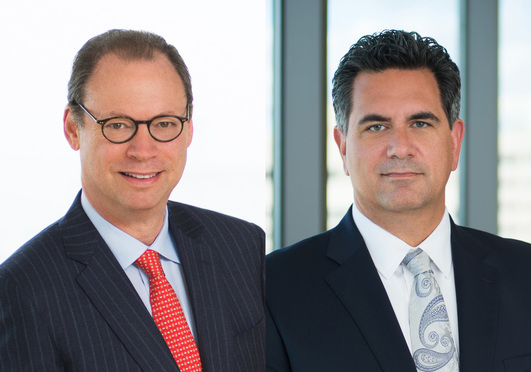As we have noted before, one of the advantages of a bankruptcy filing is bringing most claims held by or against the debtor into one forum—the bankruptcy court—to be resolved as part of administration of the bankruptcy case. That being said, often a threshold question must be asked—does the claim against a nondebtor belong to the debtor or a third party who alleges it was damaged. This is no trivial matter. Courts look to see whether the nondebtor party’s injury “flowed through”—meaning was derivative—of the injury sustained by the debtor. If it was, this derivative claim belongs to the debtor, can be pursued by the debtor in the bankruptcy court as property of the estate, and the proceeds distributed to creditors. If the injury to the nondebtor did not flow through the debtor—meaning it was direct—the claim belongs to the creditor, can be pursued by the creditor outside of the bankruptcy process, and the proceeds go only to that creditor. If this sounds confusing, it can be. This distinction between “derivative” and “direct” claims was recently reviewed by the U.S. Fifth Circuit Court of Appeals in Matter of Buccaneer Resources, 912 F.3d 291 (5th Cir. 2019).
The Debtor Fired Its CEO Prior to Bankruptcy
According to the opinion, Buccaneer, along with its affiliates, was an oil exploration and production company. The opinion notes that “although companies that hit gushers get the attention, Buccaneer had the more common experience for oil and gas ventures: it never struck it big.” By January 2014, as Buccaneer declined, all of its senior secured debt was held by Meridian Capital CIS Fund, secured by a blanket lien against all of Buccaneer’s assets. Buccaneer filed a chapter 11 case in May 2014 in the U.S. Bankruptcy Court for the Southern District of Texas.


 Left to right: Andrew Kassner and Joseph Argentina of Drinker Biddle & Reath.
Left to right: Andrew Kassner and Joseph Argentina of Drinker Biddle & Reath.




